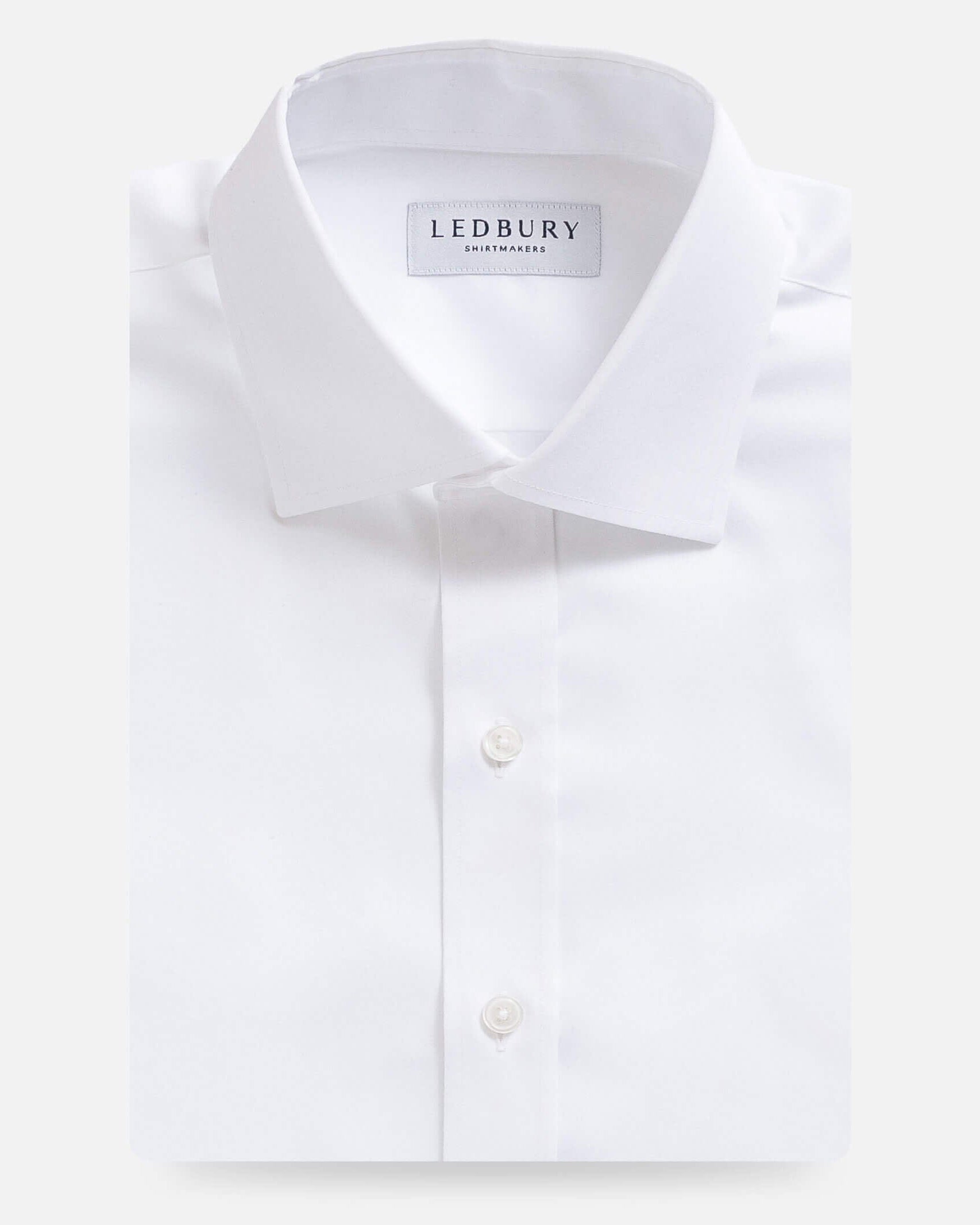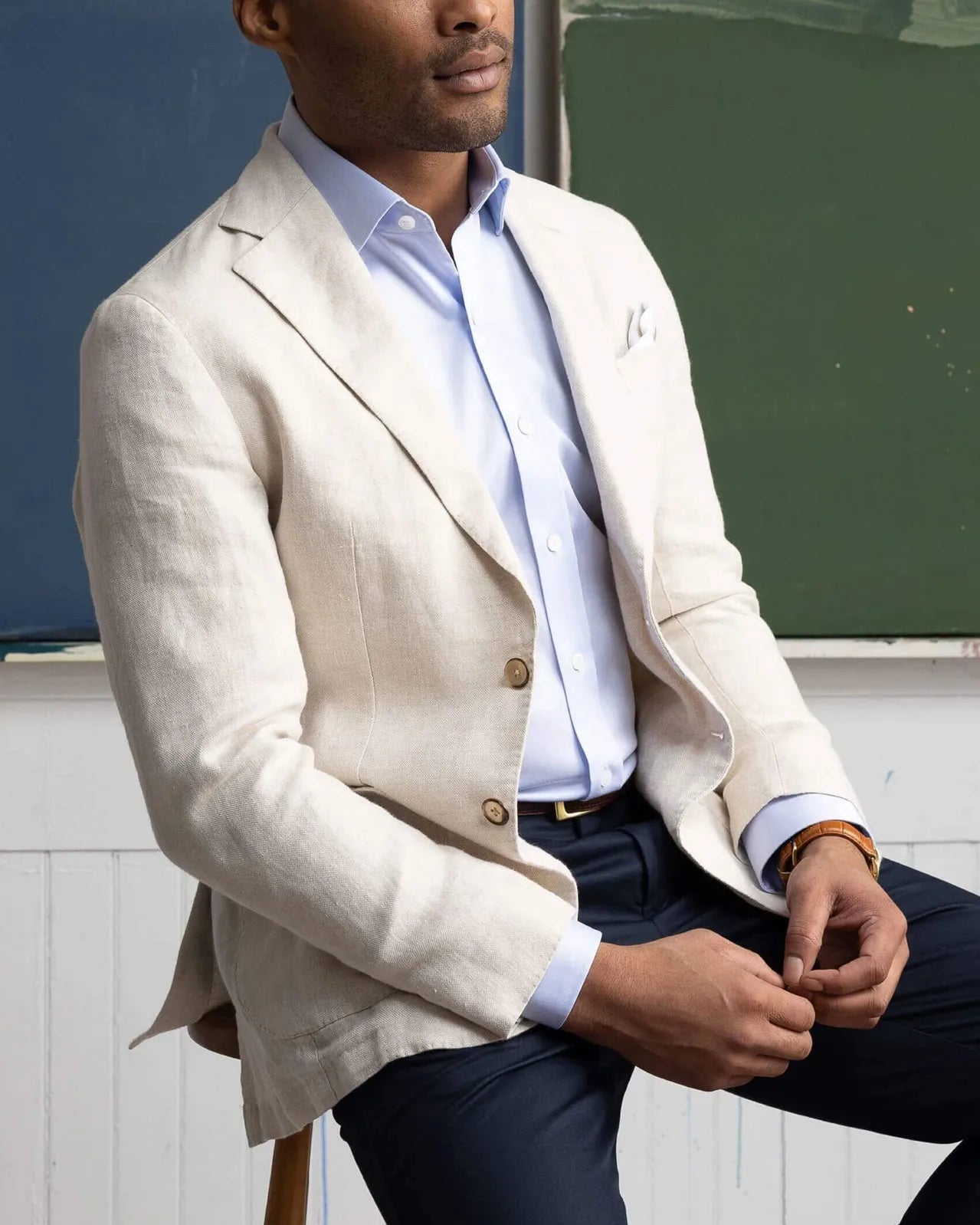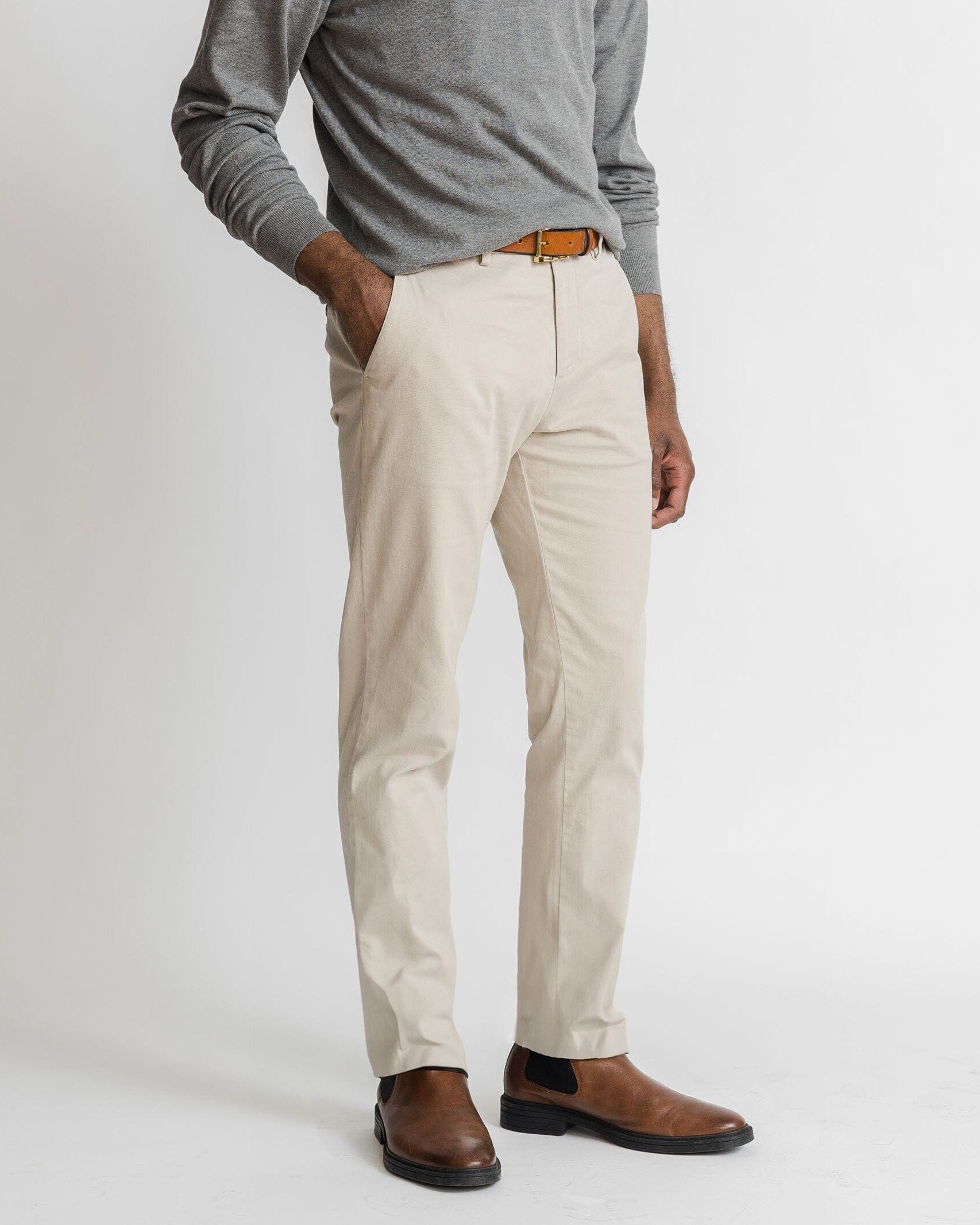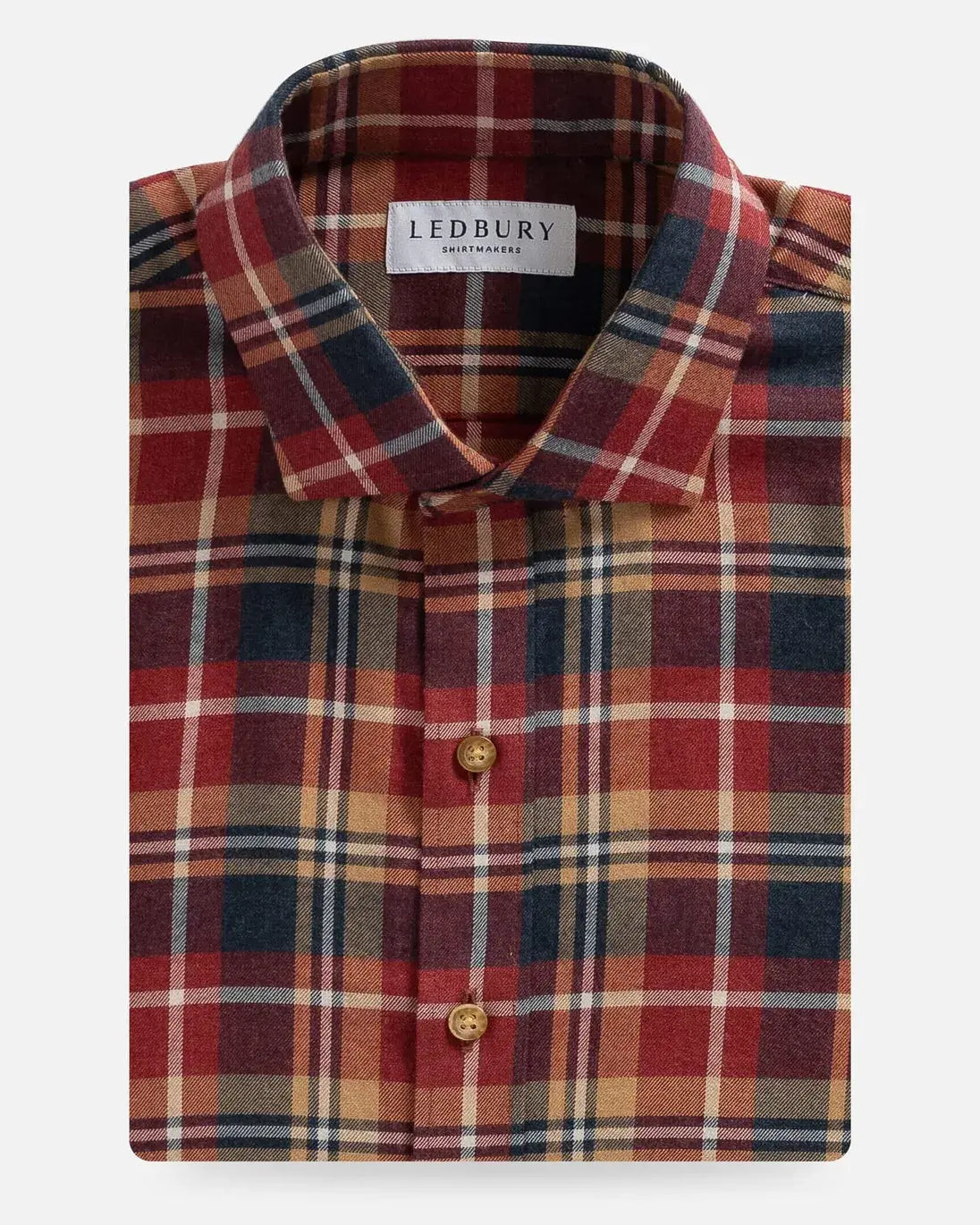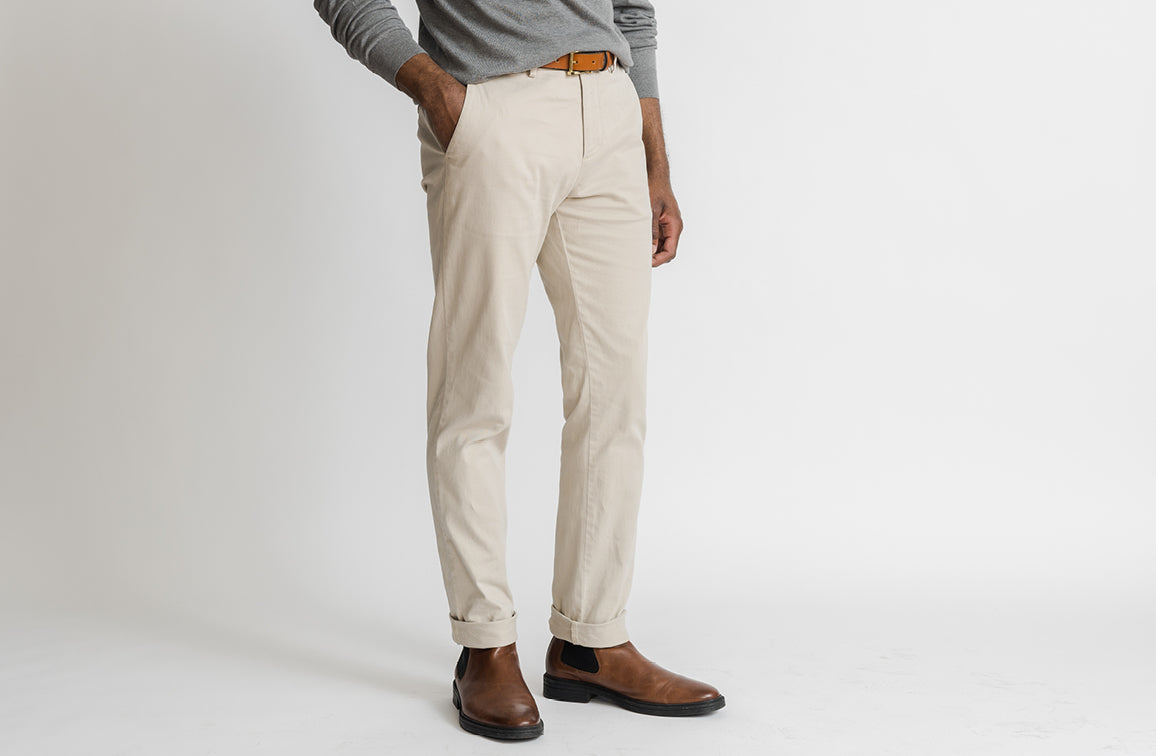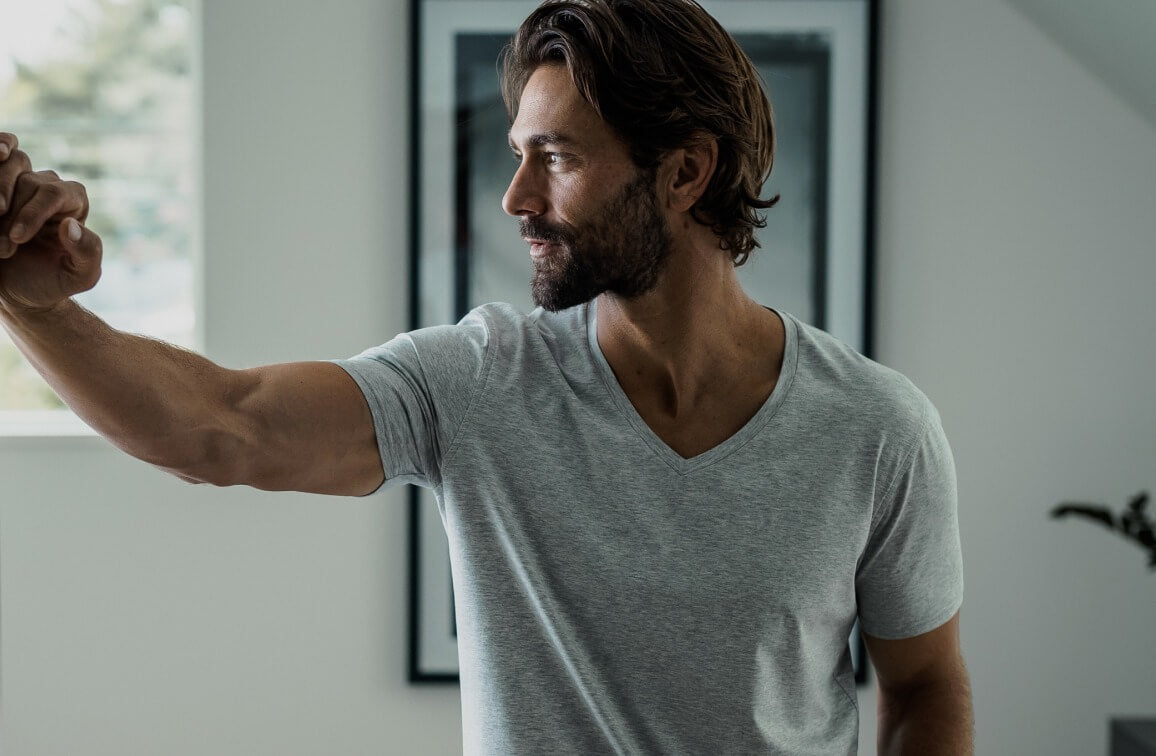We consider ourselves lucky to work with some of the best purveyors of their craft, and our partner Bulleit is no exception. In 1987, Tom Bulleit decided it was time to revive his family’s centuries old distilling business and has carried on the tradition of his great-great-great grandfather Augustus Bulleit to today. Bulleit has somewhat of a cult following with bourbon drinkers and lovers of cocktail culture. Our CEO and co-founder, Paul Trible, sat with Bulleit this month to discuss their respective beginnings, the “hard slog” of building a successful business, and the important difference between dapper and elegant.

BULLEIT: My family has been in and out of the bourbon business for six generations. I worked in distilleries in Louisville when I was growing up. I went on the University of Louisville School of Law and practiced law for about 15 years. I then told my dad in the late 80’s that I wanted to be a distiller. Paul, on some level, we’re both in manufacturing - we’re both creating something.
TRIBLE: I actually applied to law school and at the last minute decided to go another route and enter the non-profit world. Later I went on to business school at Oxford and was heading towards the finance world. Then Lehman Brothers happened. Everyone looked at me like I was crazy when I decided to leave my career in finance to start selling shirts door-to-door.
BULLEIT: My father was a wonderfully pragmatic man. I had just returned from Vietnam and went from Louisville to Georgetown Law. At that time, if you had a good job you wouldn’t just leave it. When I told him I wanted to leave my stable government job and start a law practice in Lexington, Kentucky he said “I raised a fool.” Later on when I told him I wanted to quit law to become a distiller he said, “Tom, that’s between you and your banker.” He was far more understanding in 1987. He did not live to see the business come to fruition.
TRIBLE: My dad told me a similar thing. He said, “If you can do it, and you can fund it, we have nothing but full moral support for you. You are trying to start a luxury clothing business in the worst retail environment since the Great Depression. If you fail, that’s expected, but if it works, it will be a huge success.” Our biggest challenge is that we didn’t know how to make shirts. What were some of your earliest challenges?
BULLEIT: My family was incredibly supportive in those early years. I was closer to the industry than you were. I knew the basics of how it worked - but I didn’t know the chemistry of it. I know the bottling line, the distilling process, the aging process, etc. My background in business law was a great asset in the business. I was able to do the intellectual property work and understand federal law and regulation. So who in your family is in the clothing business?
TRIBLE: Ha, my dad’s in education and my grandfather was a salesman. To learn the craft, we attached ourselves to the hip to an esteemed Jermyn Street tailor Robert Emmett to figure it out. It was a very intensive one-year apprenticeship to get the product where it should be.

BULLEIT: I love Jermyn Street - I have a great appreciation for well-made clothing and style. I’ve learned that the the difference between being elegant and being dapper is height. I’m 5’6” so that means I’m dapper. (Laughs) Distilling is a hard slog on the front end. You have years before you have a hard product. It was a very hard slog at that point - in the late 80’s. I was here late at night writing checks for things on borrowed money thinking “Well, this is your job to pay the bills on time and keeping on keeping on.” I was probably just dumb enough to keep going, like all entrepreneurs. I didn’t fully understand the distribution structure. I had that blessed ignorance of an early entrepreneur.
TRIBLE: We go into these things pretty naively in the beginning.
BULLEIT: Exactly. We’re 28 years into it now, and as you know, we’re doing well. But it continues to be a hard slog. I’m an entrepreneur in a big company, and that itself has challenges. When I wrote the business plan almost thirty years ago, I went to the library to do it. That’s unheard of these days.
TRIBLE: It’s always like, what comes next? It’s hard to celebrate those small victories along the way - you need to maintain that perpetual forward motion. If we had known anything about the clothing business beforehand, we probably wouldn’t have gotten into it.
BULLEIT: The ability to deal with change is huge - but I like to look at change as just really great opportunities. We are, first thing, a relationship business.
 TRIBLE: You’ve mentioned marketing a few times. The Bulleit brand has been able to stay relevant and build great awareness over the years. What does marketing mean to you?
TRIBLE: You’ve mentioned marketing a few times. The Bulleit brand has been able to stay relevant and build great awareness over the years. What does marketing mean to you?
BULLEIT: We’ve caught a wave now with bourbon. My daughter Hollis and I have traveled all over the country for 20 years now and have visited thousands of bars.The evolution of the cocktail culture over the past 6-8 years has really helped Bulleit, it's become a cult brand with bartenders. You can use Bulleit in a lot of cocktails. Social media has affected everyone. The captains of the industry - our bartender - they come from all over the world for Tales of the Cocktail. All the bartenders know each other from all over - and they connect on social media. I remember one story when I recently was at Husk in Charleston, I got an email from a bartender in Seattle who told me to go back in and say hi to the bartender, his friend. Social networking is huge. It helps our business because it can expand our relationships, our proposition, and it connects our bartender ambassadors. Technology and social media bring us these opportunities.
TRIBLE: If you can reach out directly and meet those people, that’s incredibly powerful as a brand. As the founder of the business, I’m always thinking about how my role changes over time. What’s important to you at this point in the game?
BULLEIT: If I taught a class on entrepreneurship the most important thing I would say is that it’s a relationship business, and that’s it. In the beginning, I was working on all aspects of the business: ordering bottles, procuring the cork from Ireland, finance, accounting, everything from A-Z. My daughter Hollis came back and worked with me. We don’t advertise - the most traditional ads we do are in Garden & Gun. We are a word-of-mouth, bottle-by-bottle brand, based on relationship building. Flavored whiskies are great - it’s a great idea, but it’s not for us. We are an old school straight whiskey brand. It’s a constant evolution of my role, which I love, because I get to do new things all the time. I want to use non-GMO grains. After some discussions we are - it evolves. There is never a dull moment.
TRIBLE: We recently bought a 108-year-old shirt company based here in Richmond. It’s been a really interesting lesson for us. It’s a humbling experience to learn how that all comes together. But really gratifying too. We’ve always wanted to make something here in Virginia.
BULLEIT: Well, you’re half my age, so keep that in mind. You have plenty of runway left.
Follow Bulleit's cross-country travels on Instagram here.

